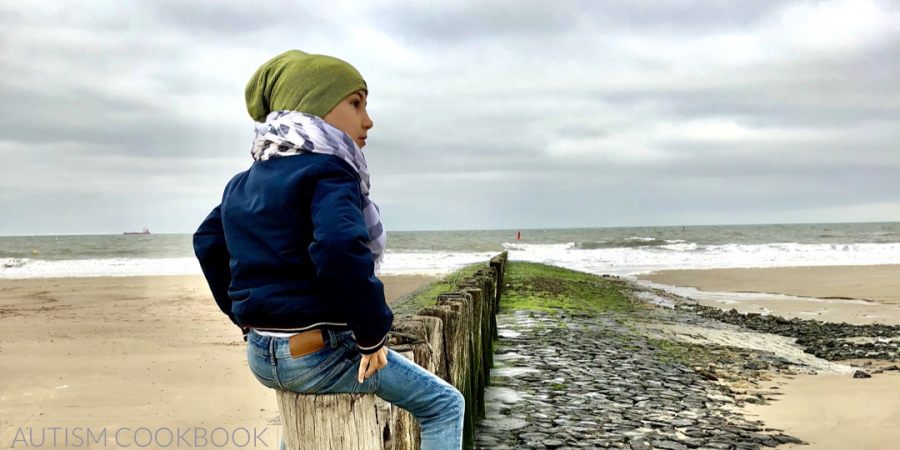We live in a ‘special‘ era. Today’s young people have everything at their fingertips, as a result of which the incentive to conquer what they want (or would like) to achieve is lost. Unfortunately, all this is often strengthened by the unrestrained consent of parents who are convinced of the ‘satisfaction’ of their children being raised in this way. And the manner of approach and lifestyle of a person results from the very early education received.
Over the past few years, life has become hectic, chaotic, with very fast rhythms in the world of education and work, and parents are so worried about “producing” to ensure prosperity and a dignified family, while neglecting at the same time often serious, thorough and necessary education, as our parents did before.
A popular saying is that saying “no” to a child is difficult because it provokes a “clash” and “grimace”, hence – the number of “spoiled” children is unfortunately still multiplying. This applies not only to children and infants but also to teenagers, adolescents, young adults, regularly developing and disabled at various stages of life.
Education means ‘extracting‘ what is best in a person, making the most of what is potentially good for the person.
Education consists of the relationship between two people: a child and a pedagogue. The teacher must adopt (and consequently adapt educational intervention) to the level of the student, understanding his needs and promoting his skills. The teacher is a pedagogue dealing with the management of educational and professional activities, management, supervision, design, coordination, management, and implementation of training projects.
The teacher nowadays has to be prepared in terms of theory and practice to accept a student with special requirements and must have a fairly wide range of skills and competencies related to working with children as part of such widespread integration today, adjusting the program and approach to the individual possibilities and predispositions of each student. This requires extraordinary plasticity and openness on the part of the teacher.
What I think is worth emphasizing is that upbringing must come from the family, but later in the life of the child also goes through the scholastic educational stage, and thus from the outside. That is why the role of a pedagogue (teacher, professor, tutor) assumes a fundamental role, and pedagogy, based on many tips on how to educate the individual, first of all, takes Freud as an example, who claimed that it is indispensable to understand the importance of exemplary education in child development in the first years of life. As Freud’s theory claims, these are the first years of life that are fundamental and build us. And thus, most depend on parents, first guardians, and caregivers. Receiving certain (appropriate) values and rules from parents and educators is indispensable and essential not to build ‘spoiled generations‘.
If we want to save the sense of model upbringing and exemplary education, we must ensure and guarantee that the knowledge, interest, search for meaning, passion, creativity and, above all, the relationship between teacher and student must be restored to the first place.
